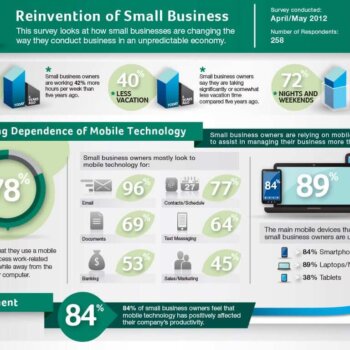Men and women are different, and this impacts our behaviour and success in the workplace. Personally I learned about that difference at a very young age.
When I am five years old the thing I want most are the playground go-karts. I storm out at break time, run straight to the shed in the corner of the playground, and wait patiently. Convinced that one day the teacher will notice me. But that day never comes.
That’s when I start looking at who is getting the go-karts, and I notice the children in front always get the go-karts; the big ones, the loud ones, and the pushy ones. Hence, in the next break I run as fast as my little legs can carry me. Then, I push my way through. I use my elbows, squeeze my tiny body through small gaps in the heaving crowd, and get to the front, shouting loudly that I want a go-kart. Guess what? It works. I get a go-kart.
I love it and race around with it happily. After about five minutes a boy comes up to me, and tells me that it is his turn now. Me and my three sisters have clear codes about fairness and taking turns so, remembering those, I reluctantly give up the go-kart. With growing indignation I then watch the boy racing around and staying on the go-kart the rest of the break, never once sharing it with anyone else.
That’s when I learn that we really are different, and that the world somehow seems to be designed in favour of men.
Now, I see the same happening in organisations. Women enter organisations and start by putting their head down and working hard. After a while though, they get frustrated as they feel no one notices their work, they are not given the juicy projects, are paid less or are not being promoted. That’s when they look around and learn that you have to broadcast your achievements, build your profile and be loud and visible to get valued, seen and promoted.
However, whereas boys have practiced this sort of behaviour from a young age, it takes a while before women have caught up. And, just like it did for me as a child, it takes massive energy and effort to be loud and it doesn’t feel right; it doesn’t feel authentic to most women. On top of that, it can create a sense of insecurity, as it is against everything they have learned as a girl. Being loud and keeping things for yourself is not accepted in a group of girls, and girls that do so are quickly ostracized.
So it really is harder for women in the workplace. Workplaces are designed for men, and tend to function along the rules that they have learned from a young age.
Imagine if you could change that in your business. If the teacher would have been aware (some) girls wanted go-karts as badly as the boys, it would have been easy for her to create a system that works for both boys and girls. That would be a system where kids are asked what they would want, and where there is transparency and a clear set of rules about whose turn it is and which criteria are applied. Try it in your organisation, or in your team and let me know the results.
This article was written by Inge Woudstra, author of Be Gender Smart – The Key to Career Success for Women. The book has many more tips and ideas for women, line managers and entrepreneurs. Read more






























